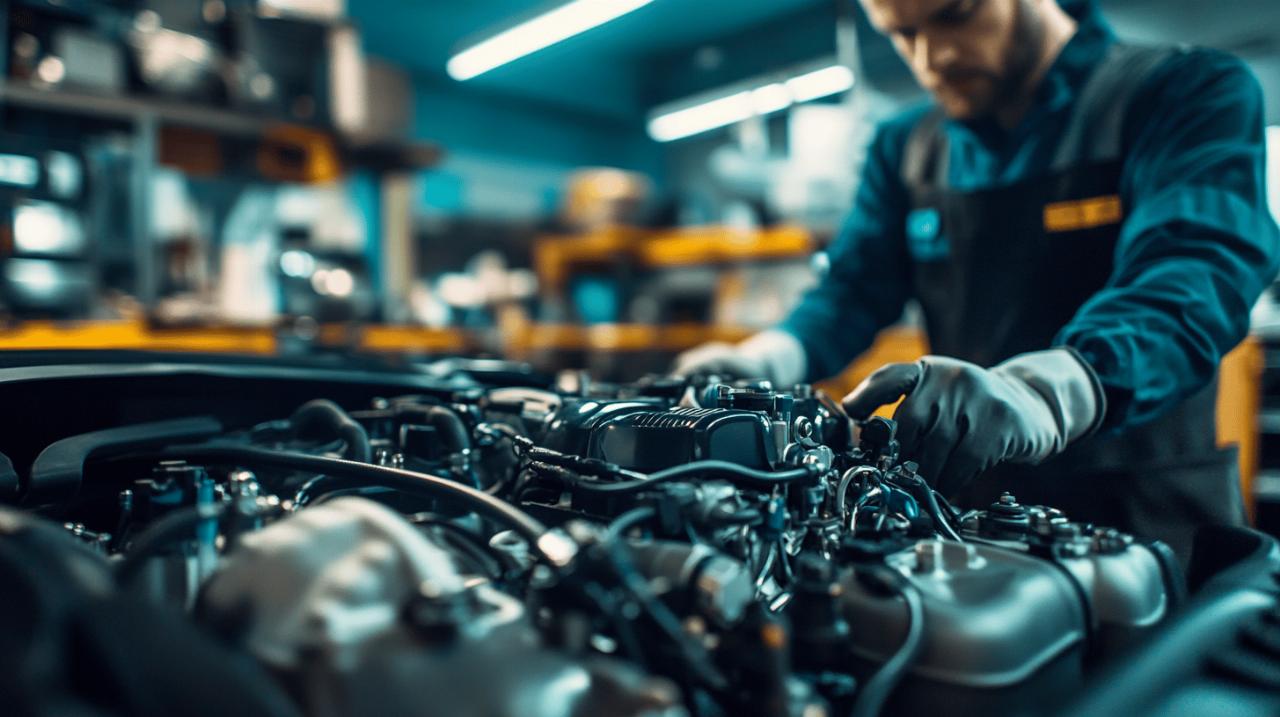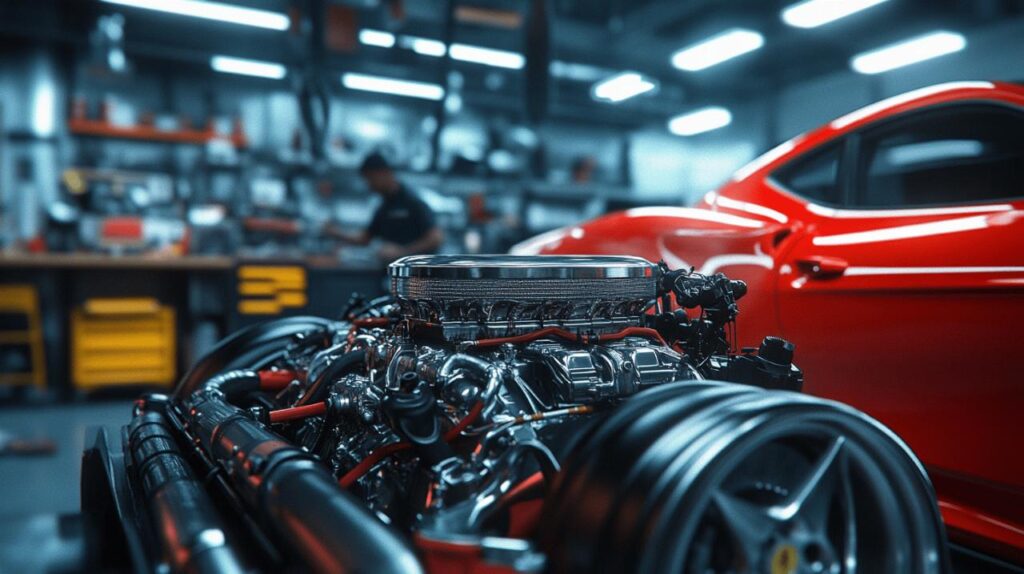When faced with a malfunctioning engine, vehicle owners often find themselves at a crossroads: repair, replace, or purchase a new car altogether? This decision can have significant financial implications, especially when considering the substantial cost of engine replacement. Understanding the economic factors involved can help you make an informed choice that aligns with your financial situation and long-term goals.
Financial considerations when replacing an engine
Engine replacement represents one of the most significant investments you can make in your vehicle. According to AutoRegional 09 statistics, the cost typically ranges between £1,500 and £5,000 on average in the UK market. However, this figure can vary dramatically depending on several factors, including your vehicle's make and model, the type of engine you select, and whether you opt for new, remanufactured, or used components.
Comparing engine replacement costs to vehicle value
Before committing to an engine replacement, it's essential to evaluate whether the investment makes financial sense relative to your vehicle's current market value. If your car is older or has high mileage, spending £5,000 on a new engine might not be justifiable if the vehicle itself is only worth £3,000. In such cases, the replacement cost exceeds the enhanced value the new engine would provide.
The type of engine you choose significantly impacts the overall expense. OEM (original equipment manufacturer) engines typically command premium prices but offer assured compatibility and reliability. Aftermarket alternatives generally cost less but might not deliver the same precision engineering or longevity. Remanufactured engines present a middle-ground option, offering reasonable quality at a more accessible price point of approximately £2,500 to £5,000.
Long-term savings vs immediate expenditure
While the upfront cost of engine replacement can seem daunting, viewing this expense through a long-term lens often reveals potential economic benefits. Modern engines, when properly maintained, can easily last 150,000 to 200,000 miles. This extended lifespan means that replacing an engine in an otherwise sound vehicle could provide many additional years of service, effectively amortising the replacement cost over time.
Labour charges constitute a substantial portion of the overall expense, typically ranging from £1,100 to £2,400. These costs vary based on your location, the complexity of your vehicle, and the expertise level of the mechanic performing the work. Most engine replacements require between 5 to 10 hours of labour, with specialist vehicles potentially requiring more extensive work.
Making the Economical Choice for Your Vehicle
Determining whether engine replacement represents good value requires careful consideration of various factors beyond just the immediate cost. The decision should balance financial pragmatism with practical vehicle needs and future plans.
When engine replacement makes financial sense
Engine replacement typically proves economically sound when dealing with relatively newer vehicles that are otherwise in excellent condition. If your car has a healthy transmission, minimal rust, functional electronics, and a well-maintained interior, investing in a new engine can extend its useful life significantly. This approach proves particularly sensible for premium vehicles where the differential between replacement cost and new vehicle purchase price remains substantial.
Certain warning signs indicate when replacement might be necessary, including persistent overheating despite cooling system repairs, unusual knocking or grinding noises from the engine bay, excessive oil consumption, and noticeable power loss during normal driving conditions. Addressing these issues promptly through replacement can prevent cascading damage to other vehicle systems, potentially saving money in the long run.
Alternative options and their fiscal impact
Beyond full engine replacement, vehicle owners might consider several alternatives with varying financial implications. Partial repairs addressing specific components rather than wholesale replacement might suffice for isolated issues. While potentially less expensive initially, this approach risks becoming more costly over time if additional components fail sequentially.
For vehicles with specialised powertrains, costs can differ substantially from conventional engines. Hybrid battery pack replacements typically range from £2,000 to £8,000, while turbocharger replacement generally costs between £2,200 and £2,900. Electric vehicles rarely require traditional engine replacement but may need battery refurbishment or replacement at significantly higher costs.
Warranty coverage represents another important consideration. Many replacement engines come with warranties ranging from 12 months to 3 years, providing financial protection against premature failure. When obtaining quotes, understanding the scope and duration of these warranties can influence the overall value proposition of the replacement option.
Ultimately, the decision to replace an engine should balance immediate financial constraints against long-term value and vehicle utility. By carefully assessing your specific situation, vehicle condition, and available options, you can make an economically sound choice that aligns with your financial resources and automotive needs.



